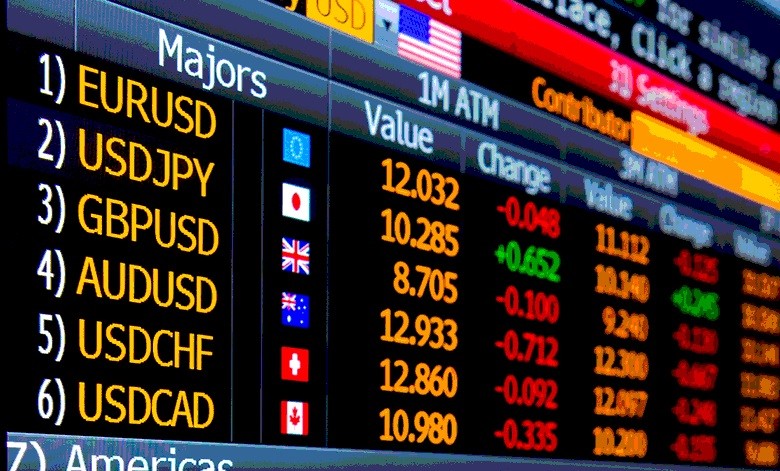Dollar bounces back towards 14-year highs, yen slides

The dollar bounced back towards 14-year highs on Tuesday, boosted by upbeat comments by the chair of the Federal Reserve that kept alive market expectations for a faster pace of U.S. interest rate hikes next year than had previously been forecast.
The greenback climbed broadly but its gains were strongest against the yen, which slid around 1 percent after the Bank of Japan kept monetary policy unchanged. The yen had surged along with the Swiss franc – another safe-haven currency – on Monday in the wake of deadly incidents in Turkey and Germany.
Fed Chair Janet Yellen said late on Monday that the U.S. labour market had improved to its strongest in almost a decade, suggesting wage growth is picking up. While she did not mention monetary policy, some analysts said the fact that Yellen did not try to pour cold water on investors’ move to price in a chance of three rate hikes in 2017, following the Fed’s latest policy statement and rate rise last week, had been a catalyst for dollar strength.
“The experience of the last two years at least, with the Fed being overly cautious rather than aggressive, means it’s sensible that every time Yellen speaks – or any other FOMC member – markets expect something dovish,” said Commerzbank currency strategist Thu Lan Nguyen, in Frankfurt. “The market is still playing this prospect of (policy) normalization and, as long as this is the case, the dollar will remain strong or even appreciate a little further,” she added.
The dollar rose a quarter of a percent against a basket of major currencies to 103.40, close to last week’s 14-year peak of 103.56. It was also within sight of a 10-1/2-month high of 118.66 yen touched last week, at 118.24 yen.
Expectations that U.S. President-elect Donald Trump’s incoming administration will go ahead with tax cuts and fiscal spending, leading to higher U.S. growth and inflation, have lifted U.S. bond yields and the dollar in the past six weeks in what has become known as the Trumpflation trade.
Analysts said the yen was the most obvious play against the dollar in this trade, as the Bank of Japan was the central bank that looked furthest away from policy normalisation. The BOJ on Tuesday affirmed its twin targets of minus 0.10 percent interest on some excess reserves and the zero percent 10-year government bond yield. In a press conference following the policy decision, BoJ Governor Hiruhiko Kuroda said he saw no problem with the yen’s recent declines against the dollar.
“BoJ Governor Kuroda’s comment that the yen is not ‘excessively weak’ will likely reinforce current bearish sentiment towards the yen by signalling they have a tolerance for further weakness,” said MUFG currency economist Lee Hardman.
The euro slipped 0.2 percent to $ 1.0382, extending its 0.5 percent fall on Monday and edging near its Dec. 15 low of $ 1.03665, its weakest level since January 2003.

